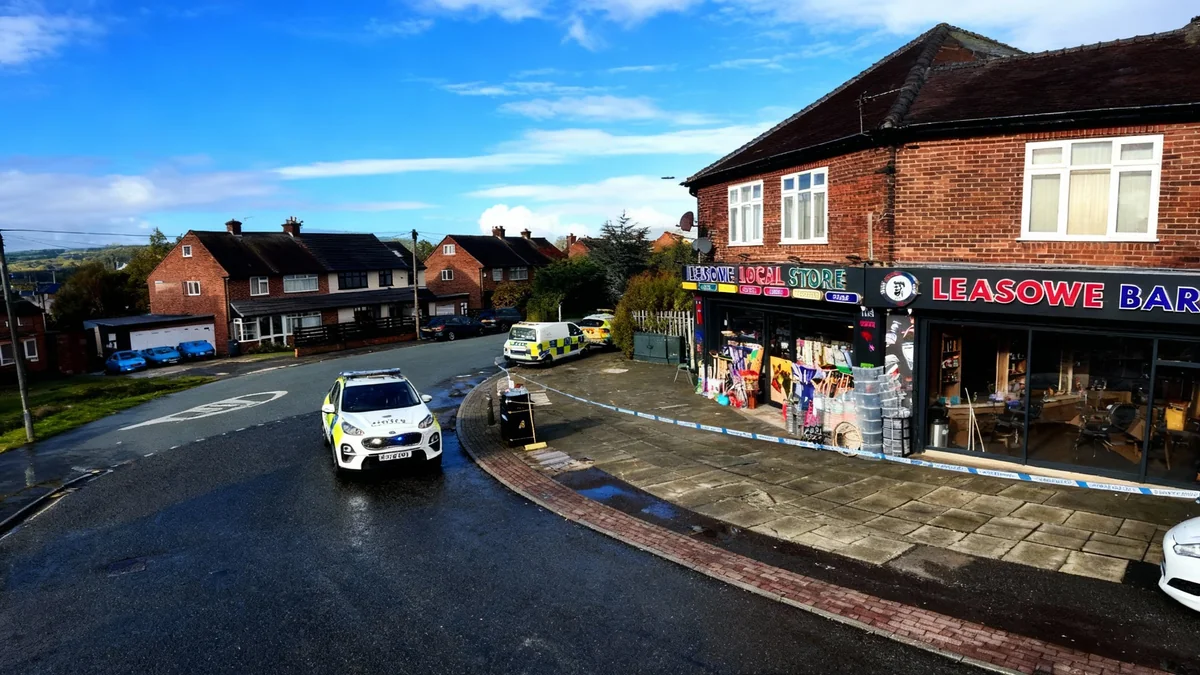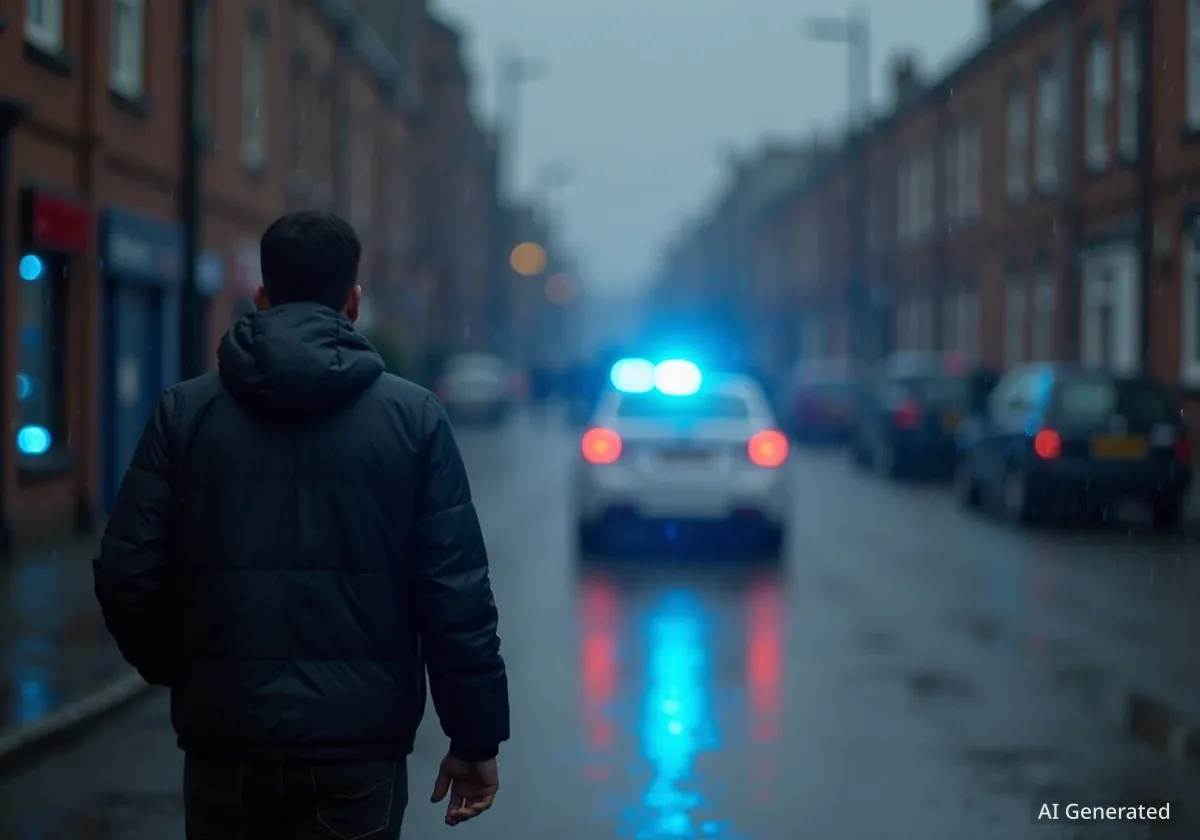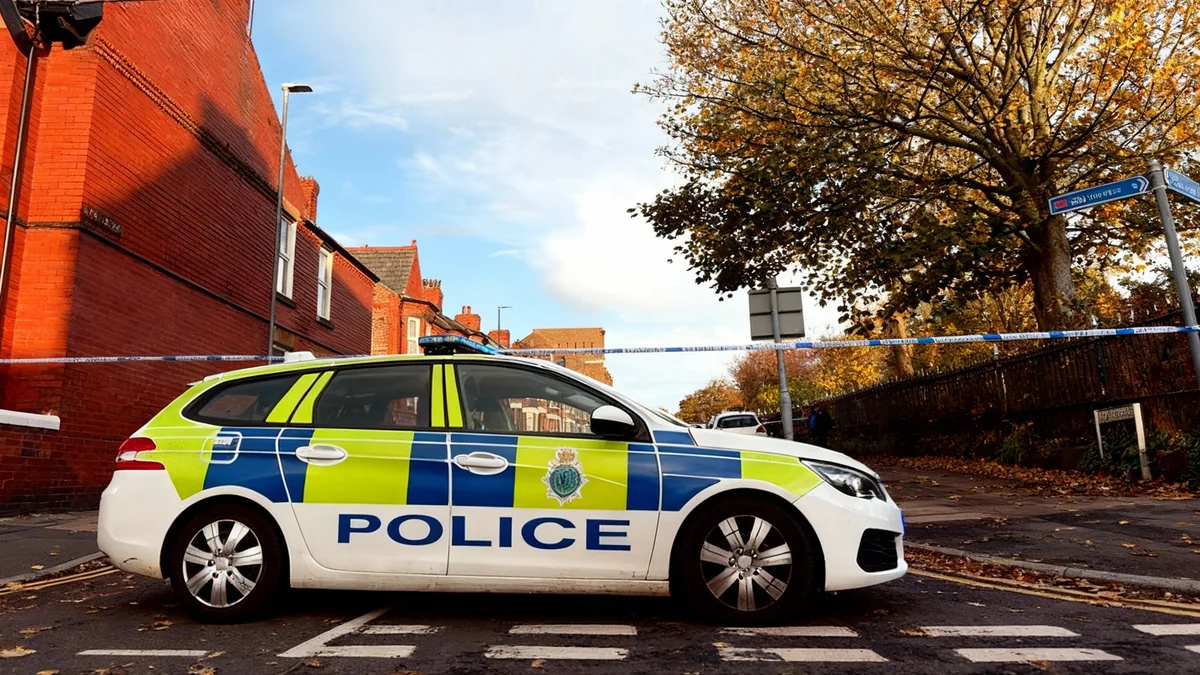A 31-year-old man from Wirral has been disqualified from driving for 12 months after being caught with a cocaine compound in his system while operating a vehicle in Ellesmere Port. The sentence was handed down at Chester Magistrates Court, where the man pleaded guilty to the offense.
Wayne Jackson, of Ganney Meadows Road in Woodchurch, was found to have a level of benzoylecgonine, a metabolite of cocaine, that was significantly over the legal limit. In addition to the driving ban, he was ordered to pay a series of fines and costs related to the case.
Key Takeaways
- Wayne Jackson, 31, from Woodchurch, pleaded guilty to drug-driving at Chester Magistrates Court.
- He was found with 87 micrograms (mcg) of benzoylecgonine per litre of blood, exceeding the legal limit of 50mcg.
- The court imposed a 12-month driving disqualification and a total financial penalty of £253.
- The incident occurred when police stopped his vehicle on Rossmore Road East in Ellesmere Port on August 12.
Details of the Traffic Stop
The court heard that the incident took place on Tuesday, August 12. Wayne Jackson was driving on Rossmore Road East in Ellesmere Port when he was stopped by police officers conducting routine patrols in the area. According to the prosecution, the officers' attention was drawn to Jackson's condition.
Prosecutor Annika Livermore informed the court that officers observed Jackson's eyes appeared to be "glazed over." This observation prompted them to administer a roadside drug swipe test to check for the presence of illicit substances. Jackson failed this initial test, which led to his subsequent arrest and transport to police custody for further evidential testing.
Evidential Blood Test Results
Once in custody, an evidential blood sample was taken from Mr. Jackson. A forensic analysis of the sample revealed the presence of benzoylecgonine, which is the main compound the body creates as it breaks down cocaine.
Understanding Benzoylecgonine Levels
The blood test confirmed a concentration of 87 micrograms of benzoylecgonine per litre of blood. The prescribed legal limit for this substance while driving in the UK is 50 micrograms per litre. This means Jackson's level was more than 70% over the legal threshold.
The presence of this substance indicates cocaine use. Even if the immediate effects of the drug have worn off, benzoylecgonine can remain in the system for several days, and driving with it above the specified limit is a criminal offense.
Court Proceedings and Sentencing
Appearing at Chester Magistrates Court on Friday, Wayne Jackson chose to represent himself and entered a guilty plea to the single charge of driving a motor vehicle with a proportion of a specified controlled drug above the specified limit.
Prosecutor Annika Livermore presented the facts of the case to the magistrates, outlining the circumstances of the stop and the scientific evidence from the blood analysis. The evidence clearly showed that Jackson was operating his vehicle while over the legal drug-drive limit.
UK Drug-Driving Laws
Introduced in 2015, UK law established a near-zero tolerance approach to driving with illegal drugs in the system. The legislation set specific limits for 17 controlled drugs, including cocaine and cannabis, making it easier for police to prosecute offenders without having to prove that their driving was impaired.
When given the opportunity to speak, Jackson did not offer any detailed mitigation for his actions. He informed the court that he had recently lost his job and had consequently sold his vehicle. He did not provide any further explanation for the offense itself.
Breakdown of Penalties
After considering the guilty plea and the evidence, the magistrates imposed a sentence consistent with guidelines for this type of offense. The penalties were broken down as follows:
- Driving Disqualification: A mandatory ban from driving for a period of 12 months.
- Fine: A financial penalty of £120.
- Victim Surcharge: An order to pay a £48 surcharge, which contributes to the Victim and Witness General Fund.
- Court Costs: An order to pay £85 towards the costs of the prosecution.
The total amount Mr. Jackson was ordered to pay was £253. He was informed of the serious consequences of driving while disqualified, which can include a custodial sentence.
The Risks of Drug-Driving
Driving under the influence of drugs, including cocaine, poses a significant risk to public safety. Controlled substances can severely impair a driver's cognitive functions, reaction times, and ability to concentrate on the road.
Cocaine, for example, can create a false sense of confidence, leading to risk-taking behaviours such as speeding and aggressive manoeuvres. The subsequent 'come down' period can cause fatigue, depression, and agitation, all of which are dangerous for anyone in control of a vehicle.
Police forces across the UK have increased their use of roadside drug screening devices to detect offenders. A conviction for drug-driving results in a criminal record, a minimum one-year driving ban, and an unlimited fine. The conviction also remains on a driving licence for 11 years, often leading to significantly higher insurance premiums once the ban is served.





